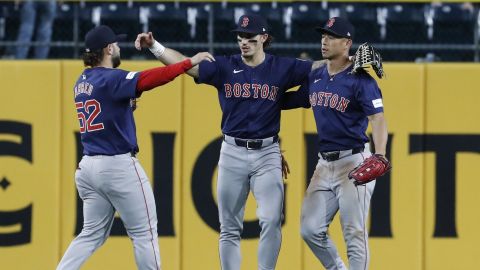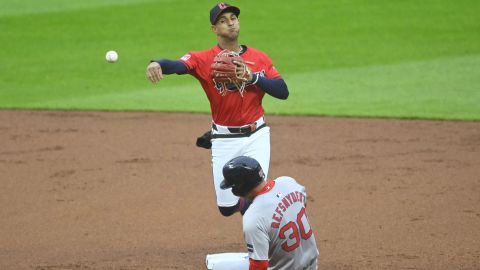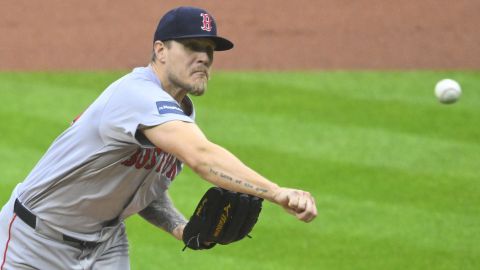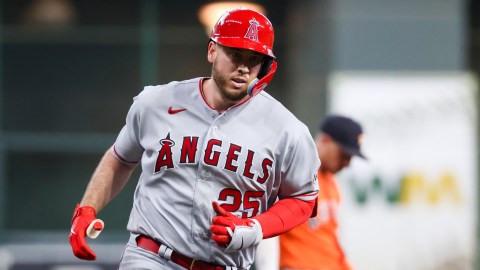Jose Iglesias been dubbed the shortstop of the future in Boston, quite the banner in the king of baseball towns.
Next week, that intense hope will be embodied by a massive, Fort Myers media horde and a host of onlookers who have been seeking such a prince for eight years. And they will find, by all accounts, a young man incredibly grounded and prepared for the strange journey from being a Cuban to a Cuban-American superstar.
"I think what we've found is Jose has done more preparation for his adjustment than we had," Red Sox GM Theo Epstein told a crowd during this year's Hot Stove Cool Music event. "He had really taken to heart what it means to become a pro baseball player in America. He knows more about American history than most of our minor leaguers."
And, joked the GM, "some of our front office."
Iglesias, as you've heard, defected to the United States from Cuba in 2008, bolting during the World Junior Championships in Canada. In June of '09, the Red Sox signed him to a four-year, $8.25 million contract, and he's rewarded the faith with natural talent and work ethic. He's already earning "big league ready" accolades and resides on every top prospect list in the country.
But consider what is expected of his life now and what his life has been. The gap between the two would seem to necessitate psychological waves to at least some degree.
"In Cuba, baseball players live in misery," says Omar Lopez, the Director of Human Rights for the Cuban American National Foundation.
"If you look at the history of Cuban positional players coming to the States, there are significant adjustment periods," Epstein explained. "We can't expect him to step right in to a level that might be justified by his level of talent and natural ability. There's going to be a longer cultural assimilation process."
Perhaps the most trying aspect of the leap forward is the inability to go back. Once branded, the defector's interaction with family and friends is sequestered to the phone line.
"He's looking to the future, he has some money, maybe he can bring his family to him," says Lopez. "But from my own experience, it's hard. I've been here 17 years. My mother died in Cuba. My father died in Cuba. And I was not allowed to go back and say goodbye. To not see them anymore was very hard."
Add to the baggage the government guilt trip. Cuban ballplayers are meant to play for Cuba, for the flag, no questions asked. Not for themselves, and certainly not for us.
"In my heart, I feel sorry for those who defect," Cuban vice-minister of sport Alberto Juantorena, a former Olympic hero, told CBS news. "They miss something. … They miss the love of the people. They miss our beaches. They miss the environment. They miss their relationships. There's more than all the money in the world."
Perhaps it is not a coincidence that Iglesias has handled it all. The Red Sox tested him before the process really began.
"We found out what makes him tick," Epsein told the HSCM crowd. "We found out how intelligent he was, how articulate he was, how intellectually curious he was. We found out how much he already knew about the United States, how important baseball was to him, how proud he was, how open he was. I think these characteristics made us hopeful his transition would be a smooth one."
Ask Lopez, however, and he is more apt to credit the human condition, that young people can handle most anything if they are allowed to try.
"It shows what people can achieve when they can choose their own lives," he says. "In Cuba, you cannot decide your own future. The government decides it for you."



